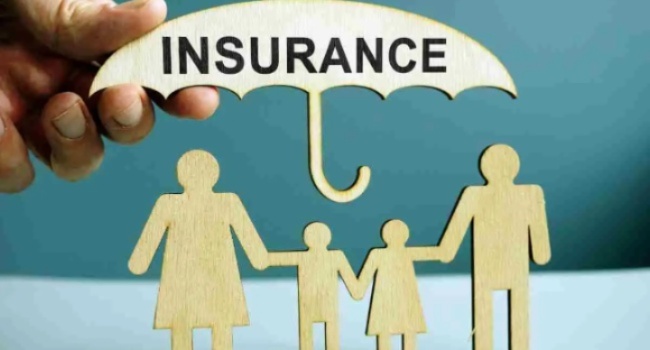The International Monetary Fund (IMF) has emphasized the need for Nigeria to diversify its economy and phase out fuel subsidies to address developmental challenges.
During the African Department April 2024 Press Briefing, Abebe Aemro Selassie, Director of the African Department at IMF, highlighted the imperative for Nigeria to reduce its reliance on oil revenue and increase non-oil revenue sources.
Join our WhatsApp ChannelSelassie emphasized, “I think Nigeria first and foremost needs to diversify its economy. Second, this also applies to the resources that the government relies on, which are excessively dependent on oil and not enough on non-oil revenue.”
He stressed the low tax revenue-to-GDP ratio, stating, “For a country like Nigeria… it is problematic that tax revenue to GDP is only 8-9 percent when it should be a lot higher so that more resources can be spent on building universities, on building infrastructure.”
Regarding fuel subsidies, Selassie pointed out the regressive nature of the system, stating, “It tends to be highly, highly regressive, meaning the benefits of such fuel subsidies tend to accrue to richer segments, to richer people than the poorer people.”
READ ALSO: IMF Raises Forecast On Nigeria’s GDP In 2024 To 3.3% Amid Improved Economic Outlook
He commended the steps taken by the government to reduce subsidies and redirect resources towards social protection for vulnerable households.
The IMF director expressed support for the policy direction of the Tinubu government, acknowledging the challenges inherited and the efforts made towards macroeconomic stability. He emphasized the importance of policies aimed at benefiting the people of Nigeria.
President Bola Tinubu announced the end of petrol subsidies during his inaugural speech in May 2023, aligning with the IMF’s recommendations. However, the IMF cautioned that the removal of subsidies should be accompanied by measures to mitigate the impact on the poorest segments of society.
However, the IMF’s stance underscores the urgency for Nigeria to diversify its economy, increase tax revenue, and phase out fuel subsidies to foster sustainable development and equitable growth.
Emmanuel Ochayi is a journalist. He is a graduate of the University of Lagos, School of first choice and the nations pride. Emmanuel is keen on exploring writing angles in different areas, including Business, climate change, politics, Education, and others.
- Emmanuel Ochayihttps://www.primebusiness.africa/author/ochayi/
- Emmanuel Ochayihttps://www.primebusiness.africa/author/ochayi/
- Emmanuel Ochayihttps://www.primebusiness.africa/author/ochayi/
- Emmanuel Ochayihttps://www.primebusiness.africa/author/ochayi/



















Follow Us